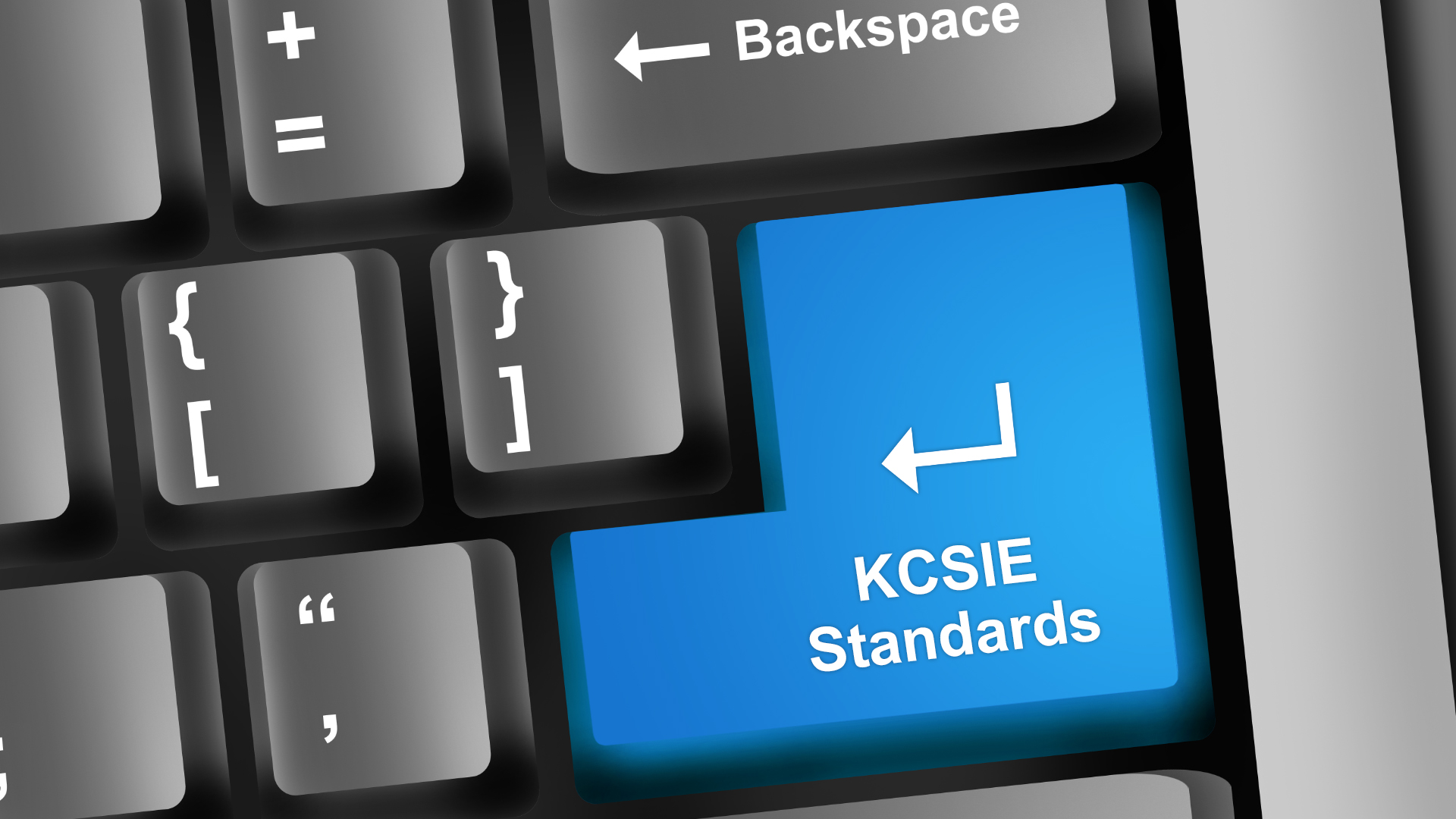
The Department for Education set guidelines for schools to implement robust filtering and monitoring standards within the Keeping Children Safe in Education (KCSIE) framework. It is especially important these days to protect children and young people from harmful materials, where information is freely exchanged and access to online content is commonplace.
Key requirements of KCSIE?
- All staff must receive training on Online Safety – all staff should receive appropriate safeguarding and child protection training, including online safety, which contains an understanding of the expectations, applicable roles, and responsibilities in relation to filtering and monitoring online activities.
- Assign Safeguarding Lead – governing bodies and proprietors should ensure an appropriate senior member of staff, from the school or college leadership team, is appointed to the role of designated safeguarding lead. The designated safeguarding lead should take lead responsibility for safeguarding and child protection, including online safety and understanding the filtering and monitoring systems and processes in place.
- Include online safety in the child protection policy – online safety and the school or college’s approach to it should be reflected in the child protection policy which, amongst other things, should contain appropriate filtering and monitoring on school devices and school networks.
- Appropriate filtering and monitoring systems – governing bodies and proprietors should ensure their school or college has appropriate filtering and monitoring systems in place and regularly review their effectiveness.
The Department for Education’s full KCSIE guidance is available here Keeping children safe in education 2023 (publishing.service.gov.uk)
KCSIE Filtering and Monitoring
To support schools and colleges in meeting the duty of implementing the appropriate filtering and monitoring systems requirement, the Department for Education has published filtering and monitoring standards that set out that schools and colleges should:
- identify and assign roles and responsibilities to manage filtering and monitoring systems
- review filtering and monitoring provision at least annually
- block harmful and inappropriate content without unreasonably impacting teaching and learning
- have effective monitoring strategies in place that meet their safeguarding needs
To help implement the KCSIE requirements for filtering and monitoring it is recommended to get in contact with your IT provider. They will be able to review your school’s individual needs, help create the strategy and offer the most suitable and effective solution.
Why Schools Should Follow KCSIE Filtering and Monitoring Standards?
- Protecting Students from Harmful Content – The internet is a vast source of information, but it also holds numerous dangers, including explicit material, cyberbullying, and online predators. By adhering to KCSIE filtering standards, schools create a safer online environment for students, shielding them from inappropriate content and potential risks.
- Promoting Digital Literacy and Responsibility – Teaching students to navigate the digital world responsibly is essential in today’s society. By enforcing filtering and monitoring standards, schools protect students from harm as well as educate about the importance of responsible online behaviour. This includes educating students about the risks associated with the internet, teaching them how to critically evaluate online content, and promoting positive digital citizenship.
- Supporting the School Community – Ensuring a safe online environment benefits not only students but also teachers, parents, and the wider school community. By following KCSIE filtering and monitoring standards, schools foster trust and confidence, reassuring parents that their children are protected while accessing online resources for learning.
- Early Intervention and Support – Monitoring systems enable schools to detect signs of distress or concerning behaviour presented by students online. By identifying red flags such as cyberbullying, self-harm ideation, or engagement with harmful content, schools can intervene promptly and provide necessary support and intervention to students in need.
- Enhancing Productivity and Focus – Effective filtering and monitoring systems help students stay focused on educational tasks by minimising distractions and preventing access to non-academic websites during school hours. By promoting a valuable learning environment, schools can enhance productivity and academic outcomes.
Following the KCSIE filtering and monitoring standards is essential for schools in the UK to safeguard the well-being of students in the digital age. By implementing robust filtering and monitoring systems, educational institutions promote a safer and more valuable learning environment. Furthermore, by encouraging digital literacy and responsibility, schools equip students with the skills necessary to navigate the online world safely and responsibly.


